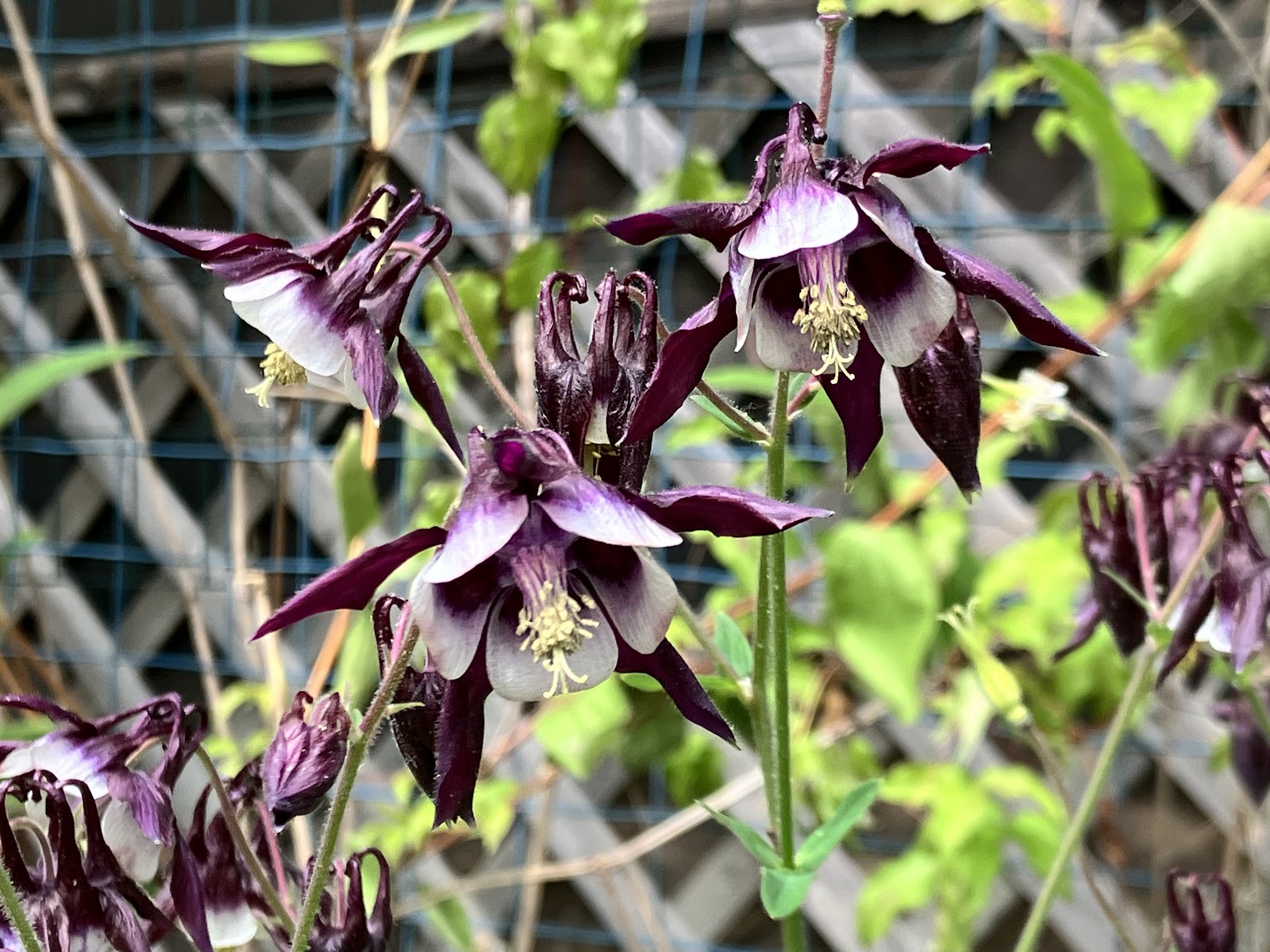The Ultimate Goal
One of my favorite TV show is "Samurai Spirit". It is a production by NHK World channel. What they do is that they send a former Karate champion to schools of different traditional Japanese martial arts to find out what they do and their philosophies.
There is one episode on Kobudo. Near the end of the show, the sensei of the Kobudo school sat down to share his feelings about martial art training and the world these days. According to him, one of the problems with children these days is that their activities are too closely monitored and organized by adults. Kids never learn how to settle their differences by themselves and they are not allowed to fight. As such, all the "violence" they have experienced is on TV, movie or in the cyber world of video games. Since they have no actual physical experiences of a fight, they have no idea what it feels like to be on the other side of their fists. Therefore, when they fight, they fight till the bitter end where there is no return. The Kobudo sensei argues that if kids were allowed to experiment, their first hand experience may help them develop stronger empathy. To him, the ultimate goal of martial arts practice is compassion.
The Founder of Aikido, Morihei Ueshiba, was an accomplished martial artist. Despite his small stature, he became very skillful and very strong. Instead of pursuing the path of an invincible fighter and spread the teaching on how to defeat the rest of the world, he chose to use Aikido as a tool for spreading peace. His martial art, Aikido, is non-competitive. Even the format of training emphasizes cooperation and mutual support.
In addition, as my psychologist friends all agree, Aikido principles are very much in line with that of psychotherapy, making it really good for building healthier dynamics for all kinds of relationships. I often tease Clyde Takeguchi Sensei by calling him "possibly one of the best psychotherapists" because he applies these principles so well.
Sensei always says: you may be stronger, gentler, faster, slower, depending on your partner's level, but you always maintain a clear shape -- just like a psychotherapist would advice you to maintain a strong self, regardless of the kind of relationship you are in.
Even in physical conflict situation, we learn to resolve our differences and find common ground. You cannot change anybody but yourself. The change starts from you. So, instead of holding the ground to push back, move your feet!
Your partner's response is a reflection of you. If you do not like it, adjust yourself. No use beating the mirror.
Go get yourself a psychotherapy self-help book. All the good teachings of Aikido are all in there. Aikido instructors may disguise as mighty warriors in white PJs and a big black skort. In reality, we work on changing lives one at a time by growing stronger, happier people.
One last profound teaching from Dr Takeguchi, the famous therapist, for sharing:
Your partner throws you soft, throw him soft; your partner throws you hard, throw him hard -- and never forget to smile.
There is one episode on Kobudo. Near the end of the show, the sensei of the Kobudo school sat down to share his feelings about martial art training and the world these days. According to him, one of the problems with children these days is that their activities are too closely monitored and organized by adults. Kids never learn how to settle their differences by themselves and they are not allowed to fight. As such, all the "violence" they have experienced is on TV, movie or in the cyber world of video games. Since they have no actual physical experiences of a fight, they have no idea what it feels like to be on the other side of their fists. Therefore, when they fight, they fight till the bitter end where there is no return. The Kobudo sensei argues that if kids were allowed to experiment, their first hand experience may help them develop stronger empathy. To him, the ultimate goal of martial arts practice is compassion.
The Founder of Aikido, Morihei Ueshiba, was an accomplished martial artist. Despite his small stature, he became very skillful and very strong. Instead of pursuing the path of an invincible fighter and spread the teaching on how to defeat the rest of the world, he chose to use Aikido as a tool for spreading peace. His martial art, Aikido, is non-competitive. Even the format of training emphasizes cooperation and mutual support.
In addition, as my psychologist friends all agree, Aikido principles are very much in line with that of psychotherapy, making it really good for building healthier dynamics for all kinds of relationships. I often tease Clyde Takeguchi Sensei by calling him "possibly one of the best psychotherapists" because he applies these principles so well.
Sensei always says: you may be stronger, gentler, faster, slower, depending on your partner's level, but you always maintain a clear shape -- just like a psychotherapist would advice you to maintain a strong self, regardless of the kind of relationship you are in.
Even in physical conflict situation, we learn to resolve our differences and find common ground. You cannot change anybody but yourself. The change starts from you. So, instead of holding the ground to push back, move your feet!
Your partner's response is a reflection of you. If you do not like it, adjust yourself. No use beating the mirror.
Go get yourself a psychotherapy self-help book. All the good teachings of Aikido are all in there. Aikido instructors may disguise as mighty warriors in white PJs and a big black skort. In reality, we work on changing lives one at a time by growing stronger, happier people.
One last profound teaching from Dr Takeguchi, the famous therapist, for sharing:
Your partner throws you soft, throw him soft; your partner throws you hard, throw him hard -- and never forget to smile.



Comments
Post a Comment